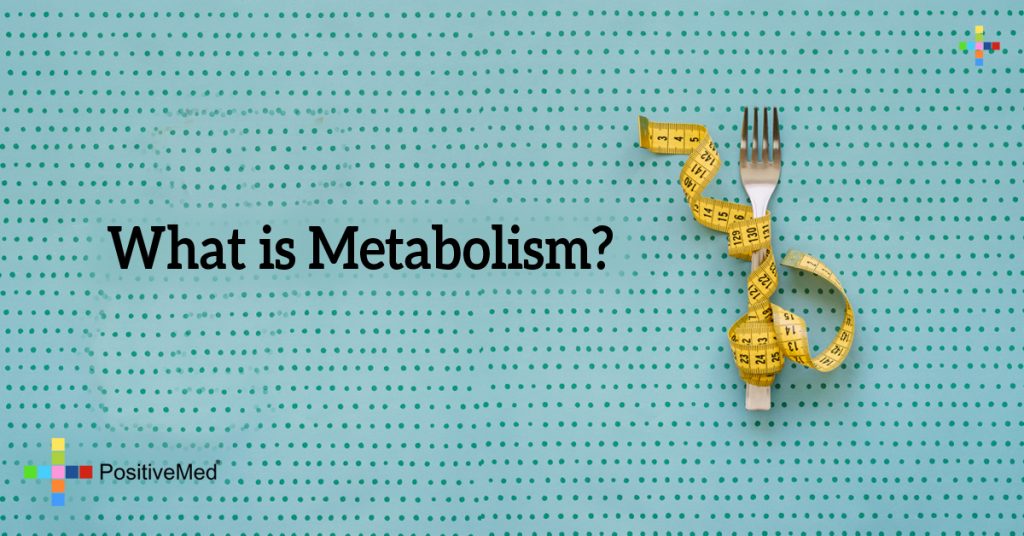
What is Metabolism?
5 Tricks to Speed Up Your Metabolism:

The metabolism or digestive system is the engine room of your body that converts what you eat into the energy your body uses to function. It also houses 70% of your immune system, which is your body’s first line of defence from harmful bacteria, viruses and poisonous substances. Your digestive tract is full of nerve endings. This is significant because what you think sends messages via the central nervous system to your gut. These feelings will either motivate you or demotivate you.
With all these important duties it should be no surprise that if your metabolism isn’t working efficiently you’ll feel sluggish, gain weight, lack motivation and be more susceptible to illness.
Aligning your metabolism with nature’s cycles.
Your metabolism is linked with nature’s rhythms via an internal body clock. Think of your metabolism like a miniature sun. At sunrise it is waking up, it gathers momentum and is at its peak at midday, then glides gently into sunset slowing down and resting. Now relate this to the modern lifestyle pattern of a late breakfast or no breakfast at all, a late lunch and a large dinner at night. With this eating pattern you are eating most of your food in a slow metabolising cycle. Your body will work hard to digest the food and you may wake up feeling very sluggish and tired.
By changing when you eat and what you eat you can align your digestive system with nature’s rhythms. When your body clock is in balance with nature’s rhythms your metabolism speeds up, you sleep well, have lots of energy and burn body fat easily. You will naturally feel balanced and healthy.
5 daily practices that will naturally speed up your metabolism
Number 1. Eat breakfast every day

You have been fasting throughout the night so it’s really important to eat breakfast shortly after rising so that your metabolism gets activated. In other words fuel the digestive furnace. If you don’t eat breakfast you will still be fasting and your metabolism will slow down leaving you feeling sluggish. If you skip breakfast and find that you have a headache coming on mid-morning this may be because you have not broken the fast and the subsequent toxins are trying to find a way out of your system.
Number 2. Eat fruit mid-morning

Your digestive furnace starts speeding up around 10am so a fruit meal at this time will process very quickly. Fruit processes in your digestive system faster than any other food, so eating fruit mid-morning is really going to speed up your metabolism. I have often heard from people that about 20 minutes after eating fruit mid-morning they are really hungry. This is a good sign that their metabolism is working efficiently and ready for an early lunch. A fruit meal consisting of two pieces of fruit eaten around 10am is really very simple as fruit is easy to carry with you. Pineapple contains an enzyme called bromelain, which burns fat so this is a particularly good fruit to eat at this time to burn body fat.
Number 3. If you don’t eat carbohydrates at night you will burn body fat while you sleep
From approximately 6pm is the beginning of nature’s sunset cycle and it’s a slow, relaxing cycle that is responsible for slowing you down and preparing you for much needed rest and sleep. With this comes the slowing down of your metabolism. This is why it‘s not recommended that you eat a large meal at this time. Many people eat a large meal laden with carbohydrates late at night only to find that they feel uncomfortable while sleeping and wake up feeling sluggish.
The role of carbohydrates is to provide energy. If you eat carbohydrates at night your body will store this energy as fat while you sleep, as not much energy is need at this time. If you go to bed without eating carbohydrates then the reverse will happen and your body will burn fat for energy while you sleep. Simply put, bread, pasta, rice and noodles are best eaten at midday.
Number 4. Eat a raw salad every day

A large raw salad provides a workout for your digestive system, which speeds up your metabolism. Raw salad vegetables are very low in calories so you can eat plenty of them. When you eat a big salad there is a large volume of fiber to work its way through your digestive system. Fiber rich foods provide a work out for your colon. In other words, ‘the exercise program that doesn’t raise a sweat’.
Raw vegetables are laden with life giving enzymes, which act like spark plugs to fire up the many healing processes within your body. They also provide water that helps to balance the moisture content in your colon. This is all good news for the proper functioning of your digestive system.
Number 5. Get some before midnight sleep
If you constantly go to bed late depriving yourself of deep sleep then you may be interested to learn that there has been research that a lack of deep sleep raises the levels of the stress hormone cortisol that lifts blood sugar levels. This zaps your energy leaving you feeling sluggish and slowing the metabolism. This unhealthy sleep cycle can reduce the production of the hormone leptin that suppresses appetite. It can also over produce the hormone ghrelin that tells you that you are hungry. So, even though your body may not need the fuel, you think it does so you overeat. Before midnight sleep assists your body to heal and burn body fat.
*The Metabolic Clock Book, written by best selling author Julie Rennie, inspired this article
ABOUT THE AUTHOR
 Sarah Hawthorne is a Certified Health Coach and the proud creator of My Balance & Wellness
, where she supports people through personalized coaching to make healthier food and lifestyle choices, for enhanced vitality.
Sarah Hawthorne is a Certified Health Coach and the proud creator of My Balance & Wellness
, where she supports people through personalized coaching to make healthier food and lifestyle choices, for enhanced vitality.
Sarah is also an International Coach for the Healthy Life Plan, a 6-week online course giving you simple strategies to get organized and create healthy daily practices. Enjoy a complete food plan that shows you what to eat and when in order to speed up your metabolism for easy weight loss and improved health. Click here [ www.metabolicclock.com/courses ] to sign up for a FREE 1 Week Trial of the Healthy Life Plan Course and be sure to select Sarah as your supportive coach.







